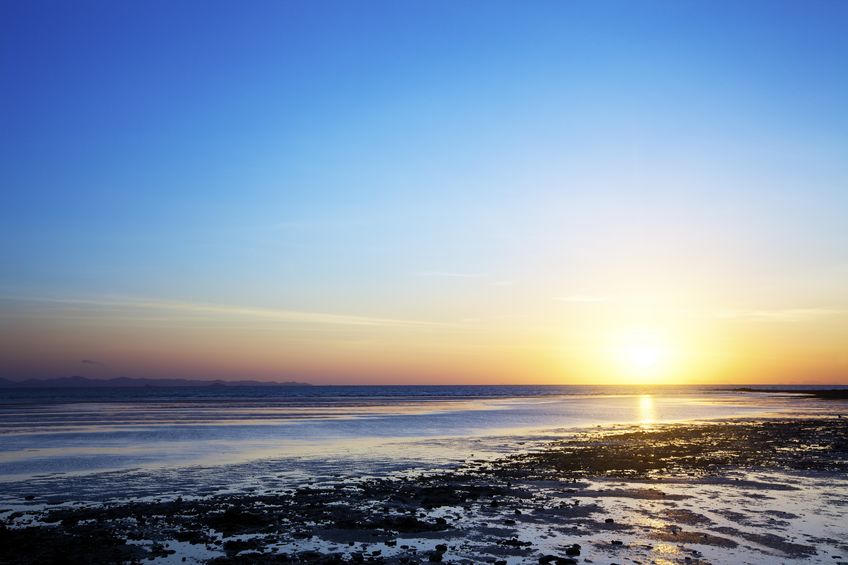Fishing resources and tips for the empowered female angler.
How Saltwater Tides Affect Fishing
October 3, 2015
Tides can make or break your day on the water, so having an understanding of how saltwater tides affect fishing is essential if you want to be a successful angler. The most important point to remember is that if you want to catch fish, you need to have moving water. Knowing more about how tides work and affect fish feeding behavior will help you increase your catch rates significantly.
Incoming or Outgoing Tides
Whether the tide is coming in or going out, you have a good chance at catching fish. However, fishing during a slack tide or a flat tide is rarely productive. Slack tides are basically the very end of a tide transitioning into the next (i.e. the end of high tide, just starting to go out). Occasionally, saltwater anglers will refer to an extended period of slack water that lasts for hours as a “flat tide.”
How to Check the Tides
There are a number of smartphone apps and printed tide charts that you can reference, but what’s most important is that you check the tidal data for the area you plan to fish (or as close as possible to it) and for the precise day and time period. Southwest Florida, for example, can have greatly differing tides between two tide stations that are just a few miles apart. Be sure that you are reading information from the tide stations that are nearest to your fishing spots for the most accurate data.
What to Look for
Once you find the tidal data that applies, look for the periods of time with the highest level of water movement. Most tide charts illustrate the water movement using a graph, but will also report the predicted variance between high tide and low tide in terms of feet. When you look at the graph, focus on the time periods illustrated by the ascending or descending line. It’s pretty simple, the steeper the line is on the graph or the more variance in feet between high and low tides, the more water movement you have and the better the fishing.
Of course, these rules don’t necessarily apply if you’re planning to go freshwater fishing in a lake, pond, river or stream. While large freshwater bodies of water may experience minor variations caused by the gravitational pull of the moon, they are often masked by greater fluctuations that are produced by wind and pressure changes). However, you should still do the research to find out when the best times are to go freshwater fishing in your area.
